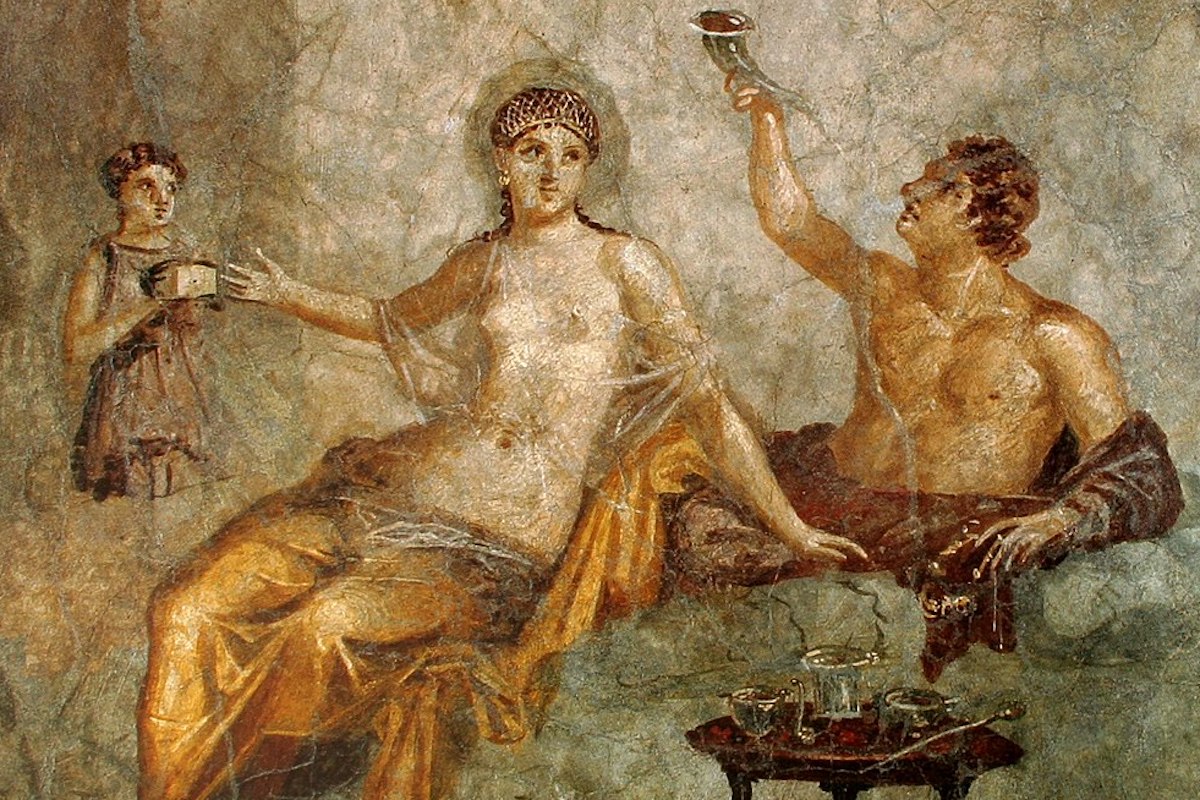History
The Podcaster Who (Single-handledly) Made Me Love History
A huge part of Duncan’s appeal is his humble, layman’s approach.

This is an instalment of Simple Pleasures, an occasional Quillette series about some of the new joys that our writers have discovered as a result of the disruptions caused by the COVID-19 pandemic. Writers interested in contributing may contact Quillette at [email protected].
My law-school years were humbling ones. I’d been admitted to a highly touted American program based pretty much entirely on my ability to ace standardized tests. This skill didn’t signify any actual knowledge, however. And once on campus, I found myself surrounded by people who were much smarter and more accomplished.
But one positive thing about being the runt of the intellectual litter is that you learn to jump higher for scraps—and the experience set me on an intellectual-improvement kick that persists to this day.
Coming into law school, my own background was in engineering, while most of my classmates were products of elite programs in history, political science, and philosophy. As such, they tended to casually throw around adjectives such as “Rawlsian” and “Hegelian.” I had no idea who Rawls or Hegel were, let alone read any of their works. And I knew that I’d continue to feel dumb unless I brought myself up to speed quick.





